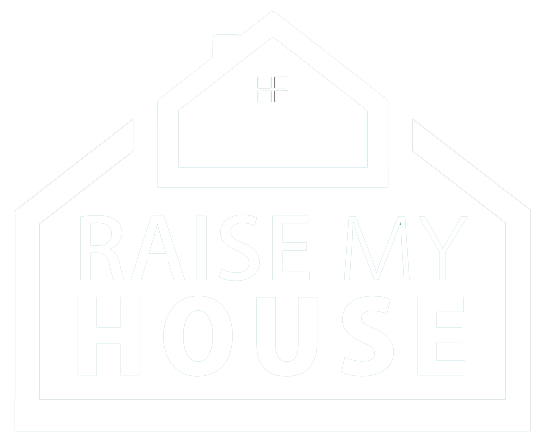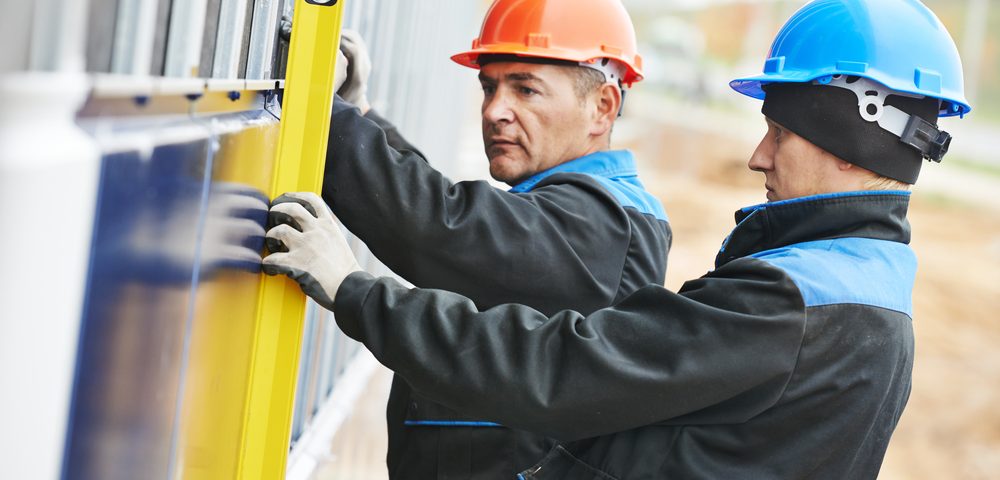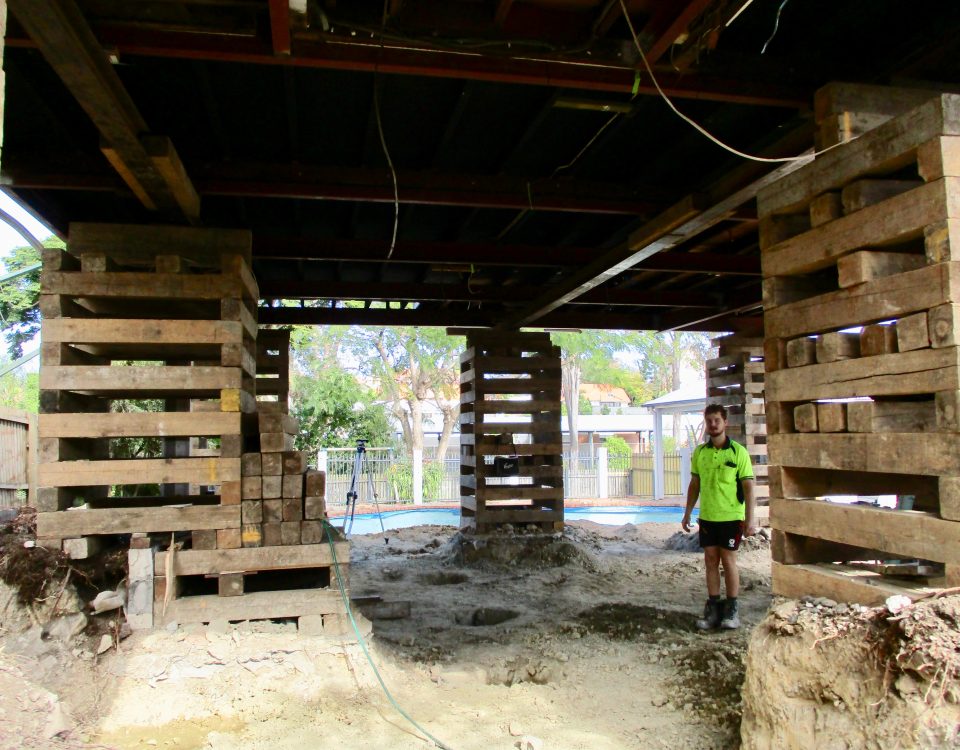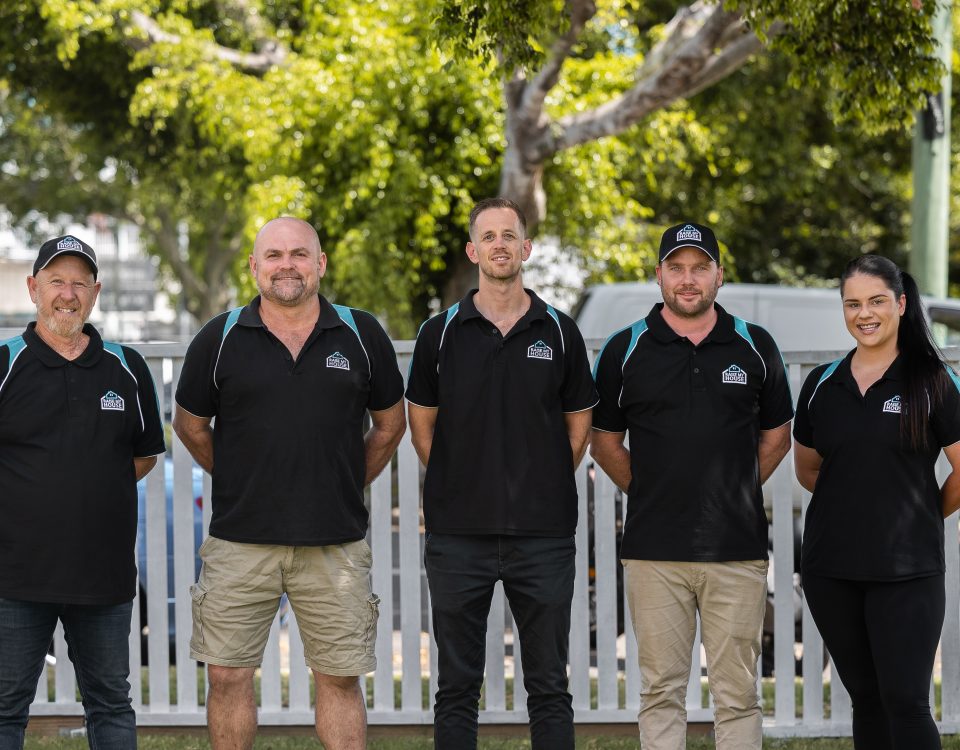Dos and Don’ts of House Re-levelling

House Raising
October 26, 2017
House Raising After a Flood – What You Need to Know
October 26, 2017If you find that the doors and windows in your home are starting to need a little extra push to open or close, or cracks start to appear in the interior walls, these are tell-tale signs that your house could need re-levelling. Cracks in brickwork, bowed floors, a tilted chimney and gaps between the walls and floor or ceiling are also bad news for homeowners. If you notice any of these signs, it’s time to seek a professional assessment from a house re-leveller as soon as possible.
If you notice these signs, the structural integrity of your home could be compromised at a foundational level. In this case, your house re-levelling specialists will suggest the best course of action for your property’s unique set of circumstances. House re-levelling is not something that can be put off – doing so will only defer the problem and is likely to lead to even more costly damage in the future.
Do:
- Seek immediate advice from a house re-levelling expert if you notice bowed floors, cracks in brickwork or walls, gaps at wall edges, or doors or windows that don’t open and close properly.
- Choose a house re-levelling contractor that is a registered member of the Master Builders Association – a national Australian organisation that recognises high quality service providers in the construction industry.
- Consult your local council to find out which development applications you’ll need to submit.
- Contact your home and contents insurance provider to see if/how your policy and rates will be affected.
Don’t:
- Don’t put it off. Re-levelling unstable foundations is essential for your family’s (or tenants’) safety.
- Above all, don’t try to DIY your re-levelling. This is not a job that should be undertaken at home, even by construction industry professionals in the family. Releveling requires a unique and specialised skillset that only professional re-levellers can provide. Trying to do-it-yourself could be a dangerous move for you, your family and neighbours if the house is not properly levelled to maintain structural integrity.
- Don’t make a decision based on the price alone. While it’s important to make sure you’re getting good value for money, a cheap, rushed job could mean you need to re-level your house again in a few years’ time – especially in Brisbane where heavy tropical rains can wear away at foundational stumps and slabs.
- Don’t engage a generic builder to do the work. House re-levelling should only be undertaken by specially trained re-levelling experts.
Don’t put off a house re-levelling assessment any longer. For a tailored quote, get in touch with the friendly consultants at Raise My House today. We service Brisbane, Ipswich and surrounding areas with over 30 years’ combined experience in house releveling, raising and restumping.




